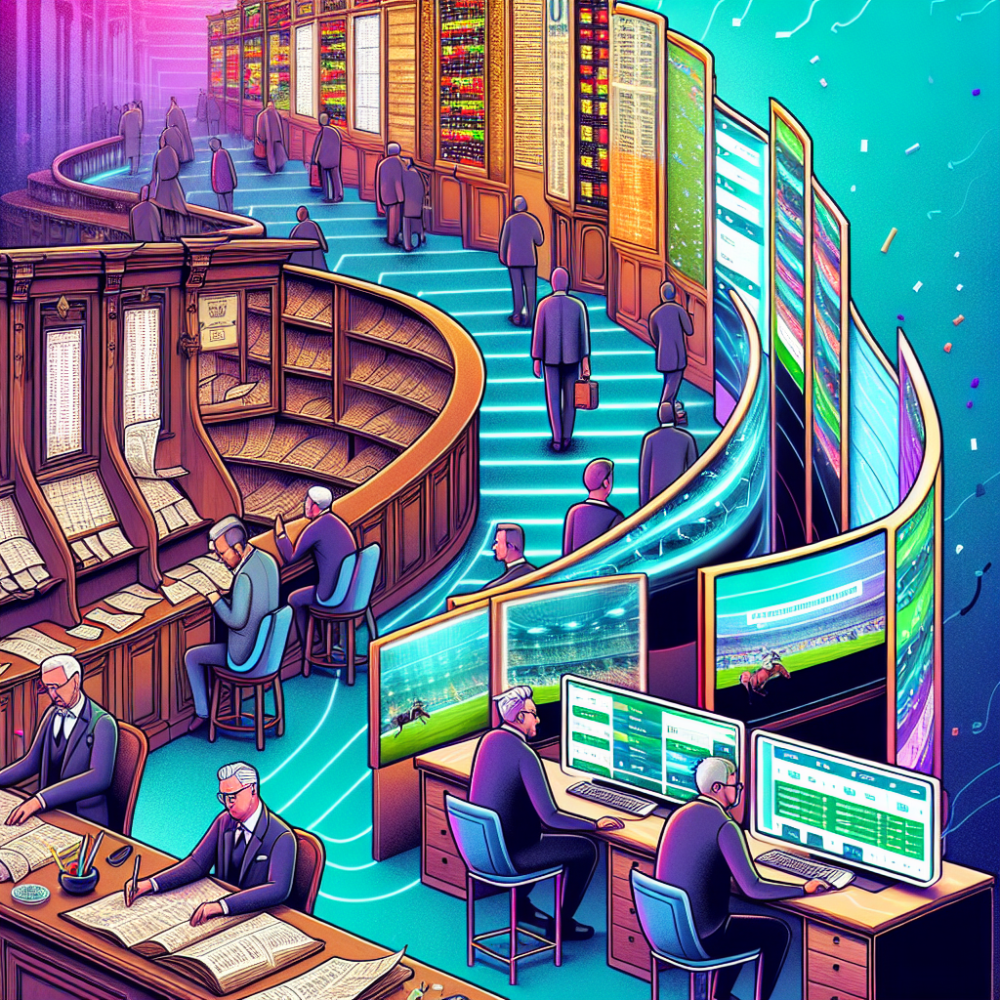The evolution of technology has significantly reshaped numerous industries, and the gambling sector is no exception. From the clattering of slot machines in crowded, neon-lit halls to the quiet buzz of online betting, technological advancements have transformed the way people gamble. In this exploration, we delve into how technology has changed gambling dynamics, impacting everything from the accessibility of games to the strategies employed by players.
The Rise of Online Gambling Platforms
One of the most profound changes brought about by technology in the gambling industry is the rise of online gambling platforms. Previously, gambling was predominantly land-based, limited to casinos, betting shops, and other physical locations where people could gather and place bets. However, the introduction of the internet and subsequent advancements in software development have made gambling activities accessible to a larger audience worldwide.
Online casinos and betting sites offer a variety of games that were once exclusive to brick-and-mortar establishments. This accessibility has not only broadened the demographic of gamblers but also democratized the gambling experience, allowing people from various socio-economic backgrounds to participate from the comfort of their homes.
Enhanced Gaming Experience with Virtual Reality
Virtual reality (VR) technology is another significant advancement that is beginning to penetrate the gambling industry. VR casinos are now offering players an immersive experience that closely mimics that of a real-world casino. Through VR headsets, gamblers can walk around a simulated casino floor, interact with other players, and play games like blackjack, poker, and slots in a fully immersive environment. This technology not only enhances user experience but also increases the level of engagement and could potentially improve customer loyalty.
Blockchain and Cryptocurrency
The integration of blockchain technology and the acceptance of cryptocurrencies in gambling platforms have also revolutionized the industry. Blockchain provides a decentralized platform, ensuring transparency and fairness while also securing transactions from fraud and interference. Cryptocurrencies like Bitcoin and Ethereum offer a level of anonymity and security appreciated by many online gamblers, reducing the risk of identity theft and fraud.
Moreover, blockchain technology facilitates provably fair gaming, a method that allows players to verify the fairness of each game process in real-time, adding a layer of trust and transparency that was previously difficult to achieve in online gambling.
Mobile Gambling and the Influence of Apps
The widespread adoption of smartphones has led to the proliferation of mobile gambling. Gambling apps provide users with the convenience of placing bets and playing games from anywhere at any time. This level of accessibility has significantly impacted gambling behaviors, with more people engaging in gambling activities more frequently than ever before.
Mobile technology has also enabled the collection of vast amounts of data that can be analyzed to personalize the gambling experience. Operators use this data to offer personalized promotions and games tailored to individual preferences, enhancing the user experience and increasing engagement.
Artificial Intelligence and Predictive Analytics
Artificial intelligence (AI) and machine learning are playing increasingly crucial roles in the gambling industry. AI can be used for a variety of purposes, from enhancing customer service with chatbots to improving security through unusual behavior detection. Predictive analytics, facilitated by AI, allows gambling operators to predict user behaviors, personalize gaming experiences, and manage risks more effectively.
In conclusion, technological advancements have dramatically altered the gambling landscape, affecting how games are played and bets are placed. As technology continues to evolve, it will undoubtedly bring new innovations that will further influence the dynamics of gambling. For both operators and gamblers, understanding these changes is crucial for navigating the future of gambling. As we move forward, it is essential to consider not only the potential benefits but also the ethical implications and regulatory challenges posed by these technological advancements.




